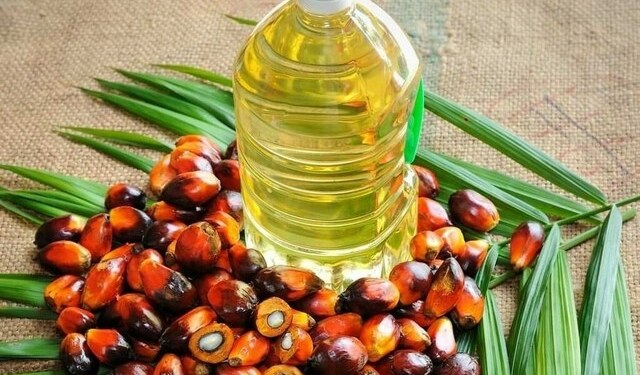KUCHING, June 21 (Bernama) — The meeting of the International Tripartite Rubber Council (ITRC) which has been postponed due to the chaos in Bangkok will be held next month in Kuching, said Plantation Industries and Commodities Minister Datuk Seri Douglas Uggah Embas.
He however said no definite date has been fixed for the meeting to be attended by representives from the world’s three largest rubber producing countries — Thailand, Indonesia and Malaysia.
“The meeting was supposed to be held in October last year but because Thailand has some problems with its government it was postponed.
“We hope to have it next month in Kuching,” Uggah told Bernama at a ministry session with the state’s commodity players here today.
Uggah said the three countries are responsible of almost 70 per cent of the world’s rubber production.
“This council is a mechanism where the three countries work together to ensure that the stock among the three countries can be managed so that there is always a reasonable balance between supply and demand which will affect the rubber price,” he said.
This council will decide on what is to be done and once decisions are made the three countries have to implement them, he said, citing an agreement in 2013 to reduce exports.
“There has to be some mechanism which has to be agreed to by the three countries,” he said.
In December 2001, Thailand, Indonesia and Malaysia inked a joint ministerial agreement, known as the ‘Bali Declaration’, establishing the Bangkok-based ITRC with the objective of boosting natural rubber prices and supporting farmers’ incomes.
Meanwhile Uggah said the Cabinet in its meeting last week approved a mechanism to curb middlemen from controlling the price of rubber, which would benefit smallholders (planters and tappers).
Last week the Cabinet approved a total RM6.4 million to regulate the prices of rubber at the plantation level through the Malaysian Rubber Board (LGM).
Uggah said rubber smallholders would get profits of between RM0.20 to RM0.30 a kilogramme by reducing middlemen with rubber to be traded at 64 smallholder cooperatives under the new mechanism.
With this mechanism, LGM will fix the daily proposed/reference prices for the cooperatives so that the rubber will be sold at a higher price than that proposed.
“This mechanism is important as the prices of rubber have dropped to a critical level. In order to protect the welfare of smallholders, the Cabinet last week decided to implement the mechanism,” Unggah told the press earlier at the function.
Buyers of rubber at the plantation level normally impose a profit margin of 20 to 40 sen a kilogramme while processors of Standard Malaysian Rubber 20 free-on-board (FOB) impose a processing cost and margin on the purchase of ‘cuplumps’ from traders.
This cost is between RM0.70/kg to RM0.90/kg, bringing the price of ‘cuplumps’ at the plantation received by smallholders to the price of SMR 20 FOB minus an average discount of RM1.90 a kilogramme.
Uggah said it would be possible to get rid of middlemen but the mechanism would enourge smallholders to sell to copperatives.
— BERNAMA




























